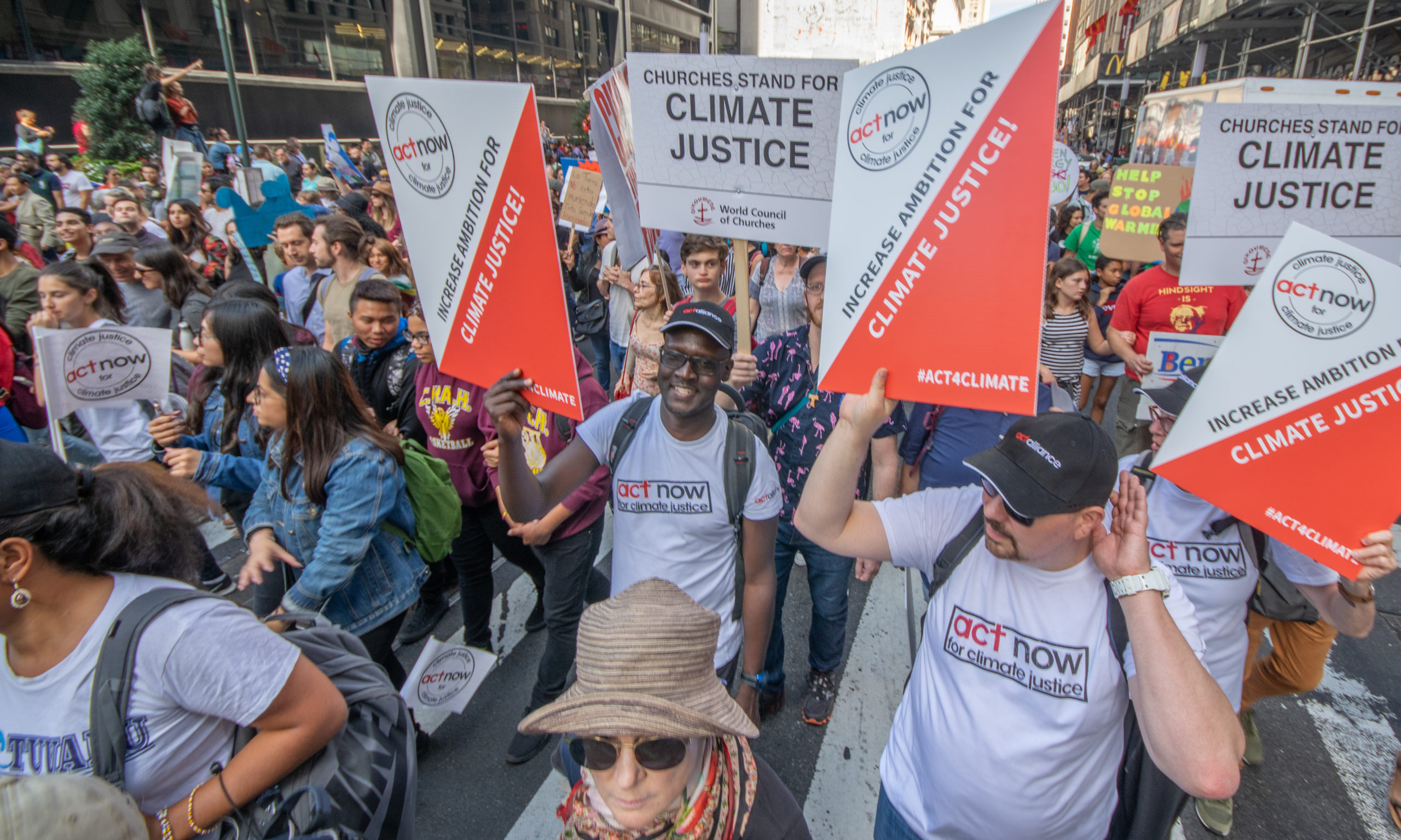
The UN climate summit (COP25) in Madrid ended on the 15th of December, 2019. At that time nobody knew it would be almost one and a half years until negotiations would continue. However, the COVID-19 pandemic has not only challenged people and communities around the world, it has also hindered important talks about the future of our species, and our planet. This week negotiations are back, and hopefully on track towards an ambitious outcome at the upcoming climate summit- COP26- in Glasgow, Scotland in November.
Since the summit in Madrid a number of worrying climate reports have been published. The latest, from the World Meteorological Organization, shows that the the global temperature may pass the critical 1.5 degree threshold already by 2026. That is horrific news as scientists predict that temperatures above this limit will have irreversible, dramatic effects on millions of poor and vulnerable communities around the world.
But we do not have to look at science to be alarmed. We can just look out the proverbial window. Since COP25 in Madrid, we have seen heat waves, devastating cyclones, droughts, flooding, forest fires, and melting glacial ice.
We have seen these climate related disasters, and people on the frontline of climate change have felt the effects on their bodies, and in their homes and their livelihoods. There is no doubt. The need for climate action has become even more urgent.
So, what can we expect from the UN negotiations? Will they provide the solutions we need? Well, negotiations right now will certainly not deliver the solutions. Because of the corona virus negotiations will, for the first time, take place online. This setting is uncertain, and it has been agreed that no formal decisions will be taken.
So no, negotiations right now will not provide solutions.
However, they will, or maybe I should say, could, pave the way, so that decisions and agreements can be formally reach at the summit in Scotland in November.
Negotiators will address a number of key topics, which all are important to address if we want to deal with the climate crisis we are facing: rules about climate finance, carbon trading, agriculture and the “global stock take” which is the five year ambitions mechanism in the Paris agreement, designed to ensure that ambition- and action- can be scaled up.
For poor and vulnerable communities, at the forefront of climate change, time is rapidly running out. Droughts and floods will continue to affect the most vulnerable, but without progress in the UN climate cooperation it is difficult to see how the global ambition will be scaled up.
I am happy UN talks about climate change are back, and I hope they will help us to get on track, towards the resilient and green transition we all need.

Mattias Söderberg, Senior advocacy advisor in DanChurchAid. Mattias serves as co-chair of the ACT Climate Justice Reference Group.